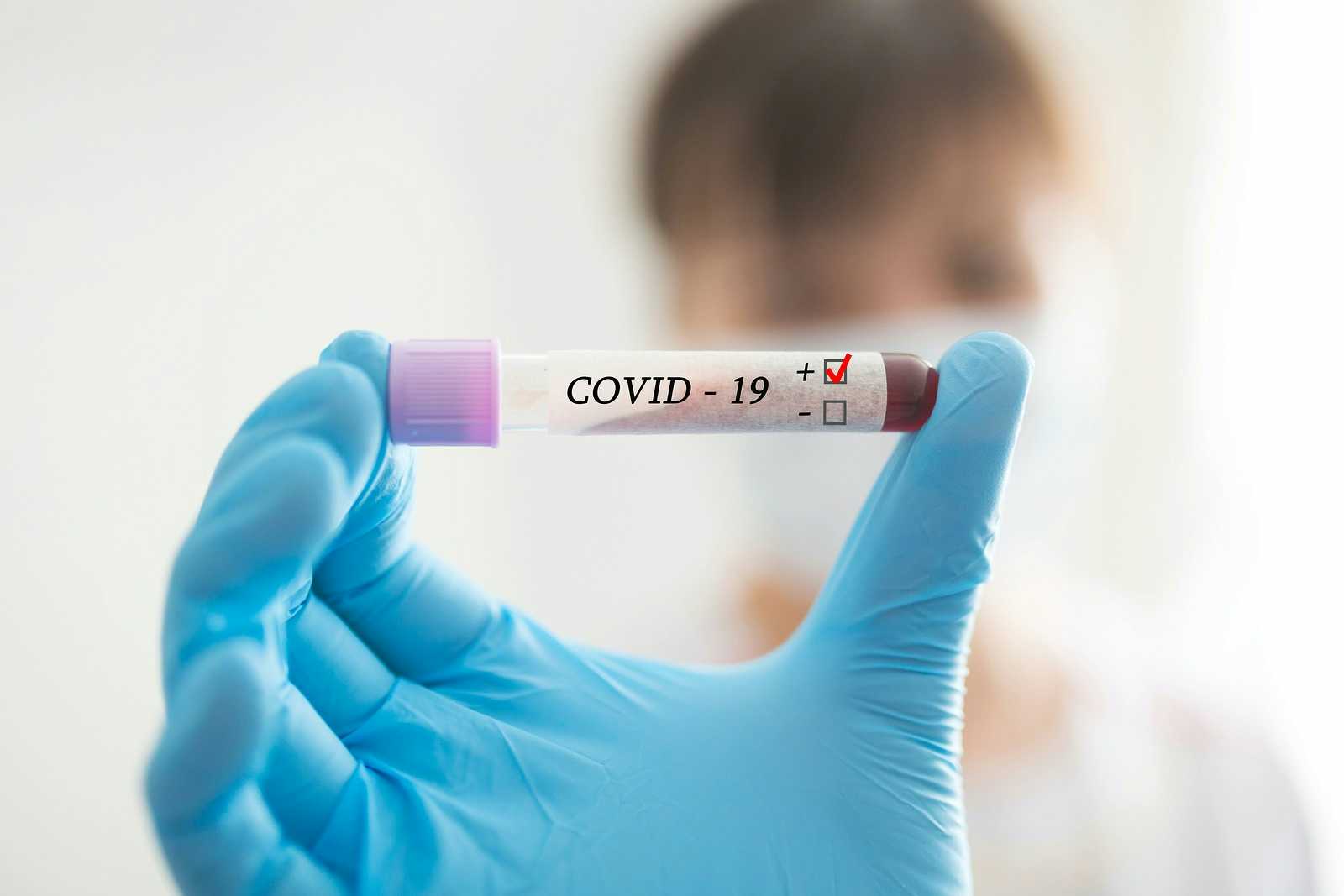
Recent news that vaccines under development appear effective have bolstered hope. Until we have widespread access to vaccines and treatments, though, we need to figure out how to slow the spread of COVID-19.
Ultimately, people still need to do their best to avoid catching the coronavirus. A new study in Nature shows which places are most closely associated with the spread of COVID-19. Researchers analyzed data from the mobile phones of millions of Americans. As they planned, these showed where people went during the first wave of infection (Nature, Nov. 10, 2020). To complete the analysis, they examined data on infection hot spots emerging at the same time. Finally, they modeled changes in infection rates based on these data.
Fewer People Inside at Once Can Reduce the Spread of COVID-19:
According to the model,
“a small minority of ‘superspreader’ POIs [points of interest] account for a large majority of infections…”
Capping occupancy in some of these spots, particularly restaurants, cafés, bars, gyms and religious establishments, could greatly reduce infections. In fact, that approach would be far more effective against the spread of COVID-19 than trying to keep people at home. Based on the analysis, if the riskiest venues operated at just 20 percent capacity, it could reduce the spread of infection by perhaps as much as 80 percent.
In addition, the researchers note:
“Our model also correctly predicts higher infection rates among disadvantaged racial and socioeconomic groups solely from differences in mobility: we find that disadvantaged groups have not been able to reduce mobility as sharply, and that the POIs they visit are more crowded and therefore higher-risk.”
For example, they found that the impact of grocery stores on infection rates differed with socioeconomic status. In 8 of the 10 cities they studied, people visiting grocery stores in poor neighborhoods were more likely to be exposed to coronavirus. The scientists report that these stores were smaller and had more visitors per hour. In addition, people spent more time inside them (17 percent longer on average).
Policies to Slow the Spread of COVID-19:
The authors argue that their model would allow policymakers to develop re-opening strategies that would help protect the disadvantaged. In particular, cities might put more stringent caps on occupancy levels and provide better access to emergency food distribution centers. That could alleviate crowding in grocery stores. Free, widely available testing in high-risk neighborhoods would help people avoid contact while infected. Moreover, most people would benefit from paid leave policies that support people staying home when they are ill. So would priority attention to good ventilation, access to effective personal protective equipment (PPE) and better provisions for essential workers to do their jobs at greater distances from each other.
Citations
- Chang S et al, "Mobility network models of COVID-19 explain inequities and inform reopening." Nature, Nov. 10, 2020. https://doi.org/10.1038/s41586-020-2923-3

